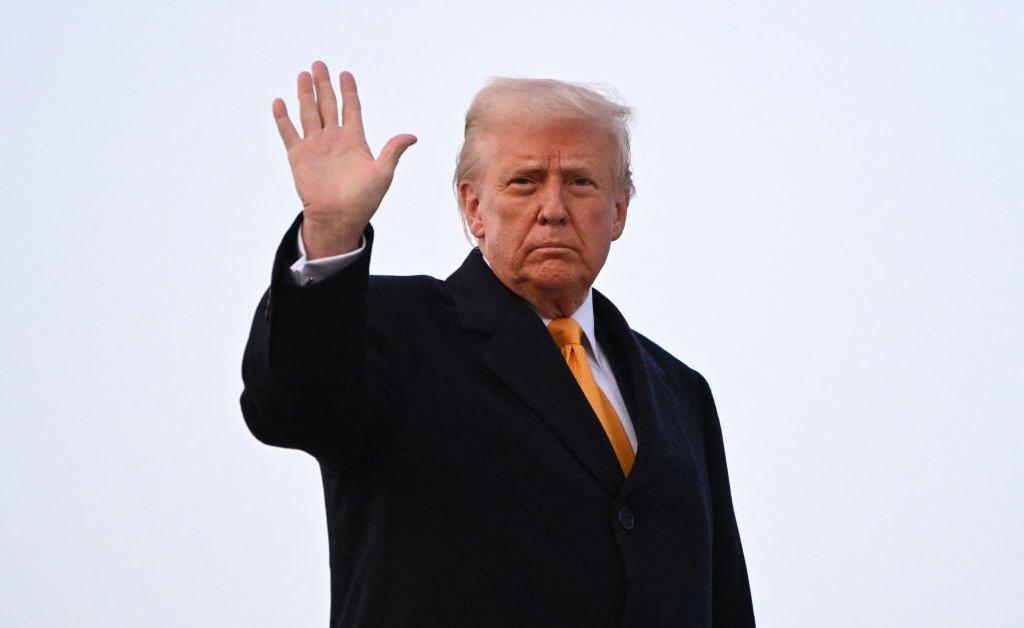
President Donald Trump initially planned to double tariffs on Canadian steel and aluminum to 50%, but he backed down after Ontario agreed to remove its surcharge on electricity sold to the United States. The White House confirmed that, despite the reversal, a 25% tariff on all steel and aluminum imports would still take effect as planned.
The latest trade tensions between the U.S. and Canada have raised concerns about economic stability, with Trump’s tariff policies continuing to impact financial markets. On Tuesday morning, Trump announced his intention to increase the tariffs in response to Ontario's 25% surcharge on electricity. "I have instructed my Secretary of Commerce to add an ADDITIONAL 25% Tariff, to 50%, on all STEEL and ALUMINUM COMING INTO THE UNITED STATES FROM CANADA," Trump posted on Truth Social.
However, later that day, Ontario Premier Doug Ford confirmed that U.S. Commerce Secretary Howard Lutnick had reached out to him, and Ontario agreed to remove the surcharge. Ford expressed confidence that Trump would also withdraw the 50% tariff threat. "He has to bounce it off the President, but I’m pretty confident he will pull back," Ford said, adding that Canada would continue discussions with the U.S.
The tariff dispute comes amid increased pressure on Trump to maintain economic growth despite stock market volatility. The President has defended tariffs as a strategy to protect American industries and negotiate better trade deals, even as they fuel economic uncertainty. Trump has previously cited concerns over Canadian policies on dairy imports and fentanyl smuggling as reasons for imposing trade restrictions.
Additionally, he has suggested that Canada should become part of the United States, a proposal that has sparked backlash from Canadian officials. "The only thing that makes sense is for Canada to become our cherished Fifty-First State," Trump posted.
Incoming Canadian Prime Minister Mark Carney responded strongly to Trump's actions, vowing that his government would maintain retaliatory tariffs until the U.S. showed respect and committed to fair trade. Carney condemned the U.S. tariffs, calling them an attack on Canadian workers and businesses. Canada has already imposed $30 billion CAD (about $21 billion USD) in retaliatory tariffs on U.S. goods, with more expected to be announced soon.
The trade conflict is not limited to Canada. Trump has also imposed 25% tariffs on some Mexican imports, citing drug trafficking and illegal immigration concerns. Mexican President Claudia Sheinbaum has indicated that her country does not expect similar tariff increases on steel and aluminum.
Meanwhile, Trump's broader trade policies, including potential tariffs on Europe, Brazil, South Korea, and other industries such as pharmaceuticals, copper, and lumber, have drawn criticism from business leaders. Speaking at a meeting with the Business Roundtable, a group of top U.S. CEOs, Trump insisted that tariffs were helping the economy by encouraging companies to relocate factories to the U.S.
However, financial markets have reacted negatively. On Monday, the S&P 500 dropped 2.7%, erasing post-election gains, while the Dow Jones fell 478 points on Tuesday. Economists warn that Trump's aggressive tariff policies could increase the risk of a recession. Goldman Sachs recently lowered its U.S. growth forecast to 1.7% from 2.2% and increased the likelihood of a recession to 20%.
Despite the economic concerns, Trump has continued to argue that tariffs will benefit the country in the long run. However, in a recent interview, he did not rule out the possibility of a recession, further fueling market anxiety.
As trade tensions persist, it remains unclear how Trump’s tariff strategy will impact the economy in the long term, with both Canada and the U.S. preparing for further economic and political battles.
Global
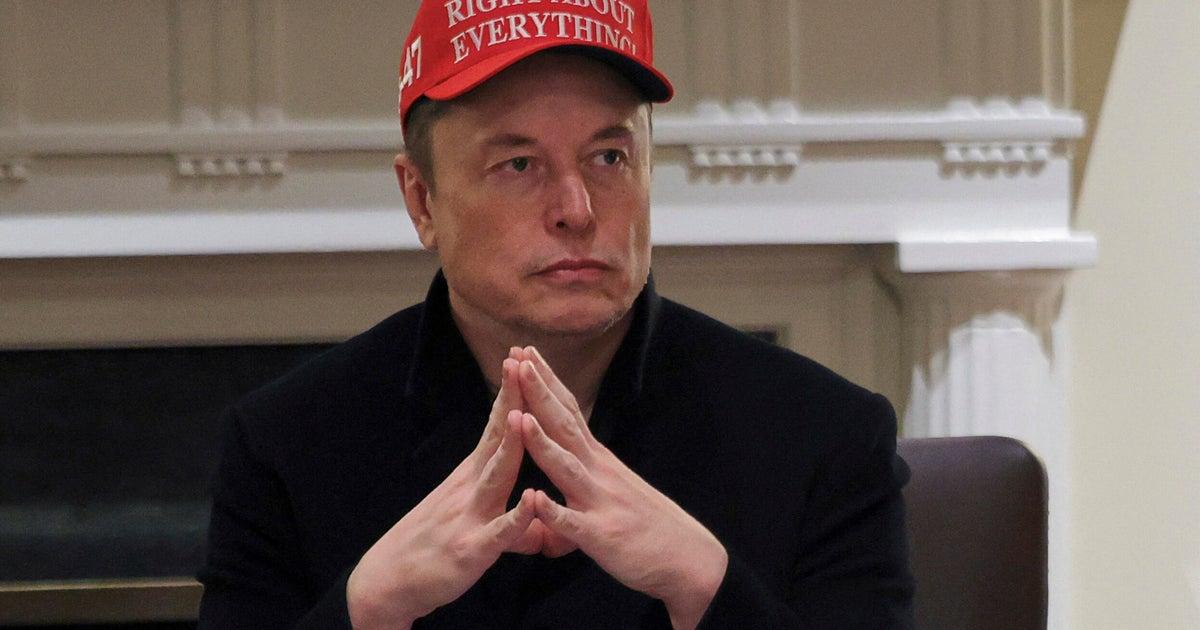
Elon Musk to Remain Trump's Adviser After Leaving Government Role
Elon Musk will continue to be a "friend and an adviser" to President Trump after his official government role ends, according to Vice President JD Vance.
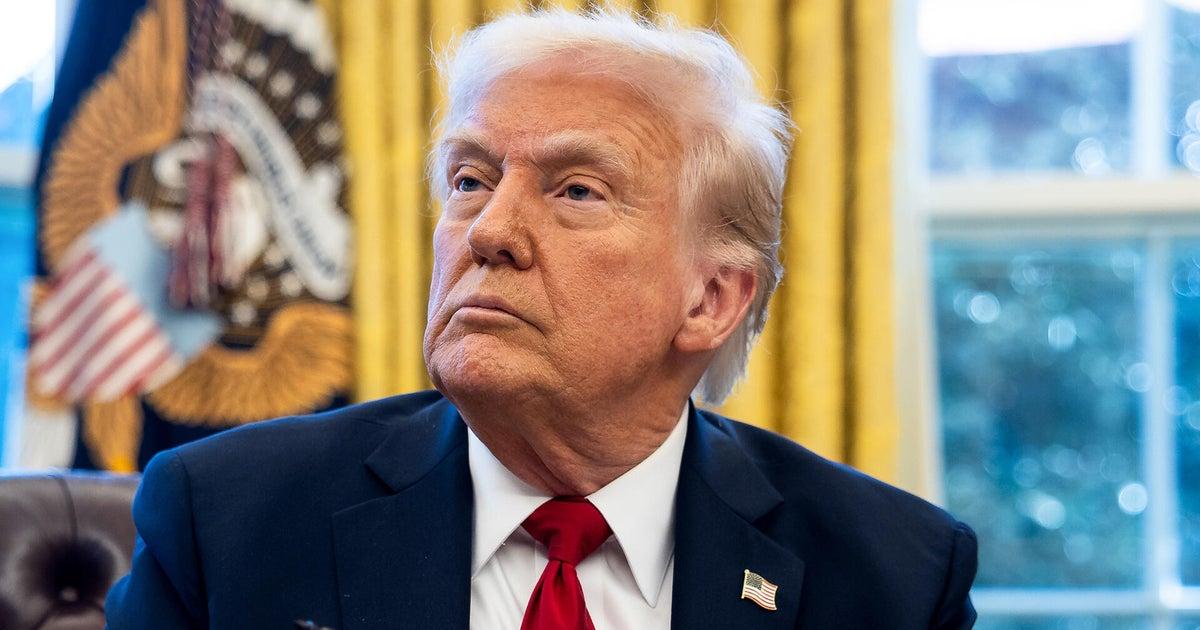
Trump Imposes 25% Tariff on Imported Cars After Signal Chat Leak
President Donald Trump has announced a 25% tariff on all imported cars into the United States.

U.S. Negotiates Partial Ceasefire in Saudi Arabia Amid Ukraine-Russia Tensions
U.S. negotiators began talks with Russia and Ukraine in Saudi Arabia on Monday, aiming to establish a partial ceasefire in the ongoing conflict.
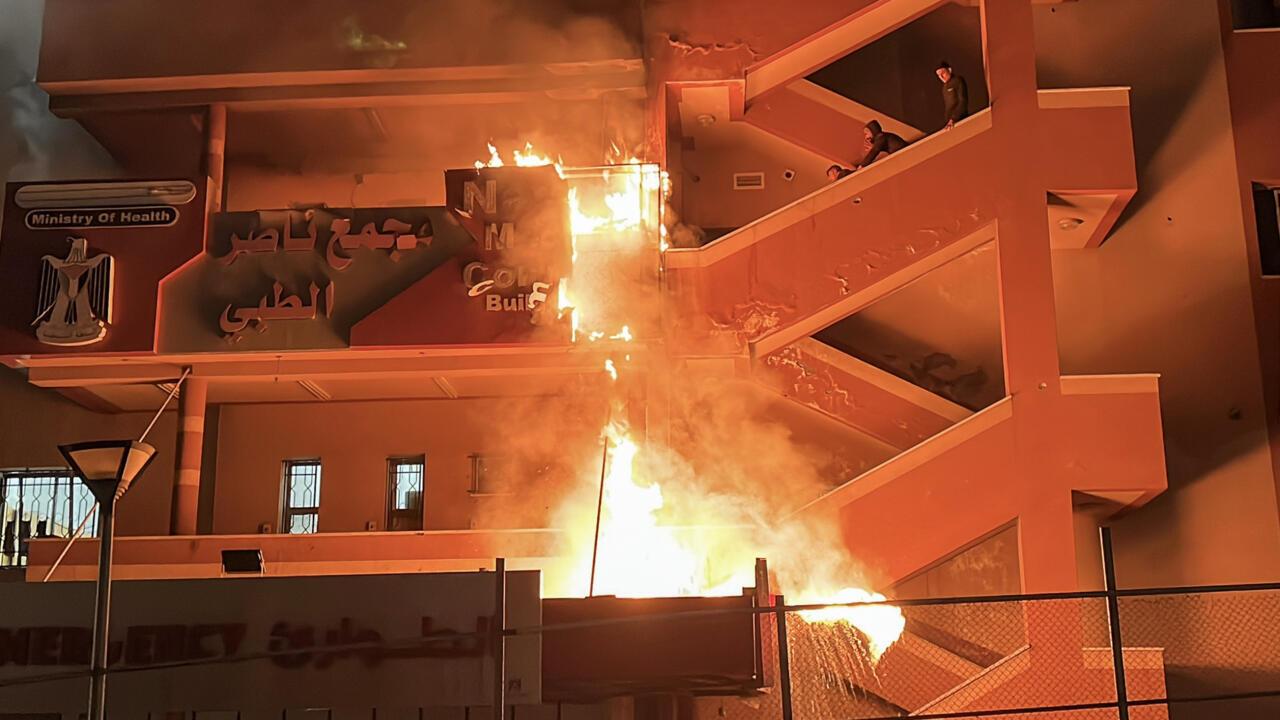
Israeli Airstrike Kills Senior Hamas Leader at Gaza Hospital
An Israeli airstrike on Nasser Hospital in Gaza killed senior Hamas leader Ismail Barhoum and one of his aides on Sunday evening, according to a Hamas official who spoke to the BBC.
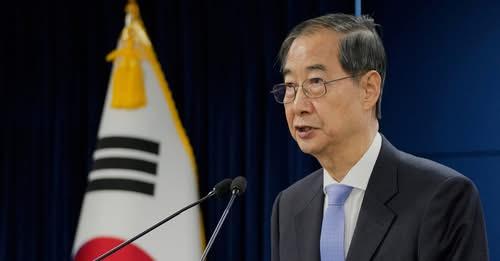
South Korea Court Reinstates PM Han Duck-soo After Impeachment
South Korea's Constitutional Court has overturned the impeachment of Prime Minister Han Duck-soo, reinstating him as the country's acting president.
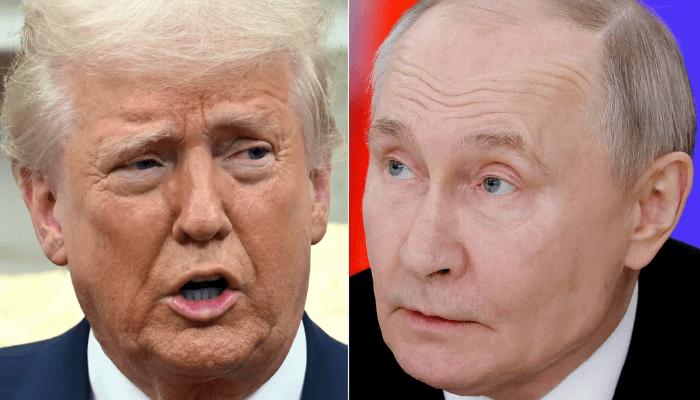
Putin Halts Energy Strikes in Ukraine After Trump Call, No Ceasefire
Russian President Vladimir Putin has agreed to pause attacks on Ukraine’s energy infrastructure for 30 days after a phone call with former U.S.
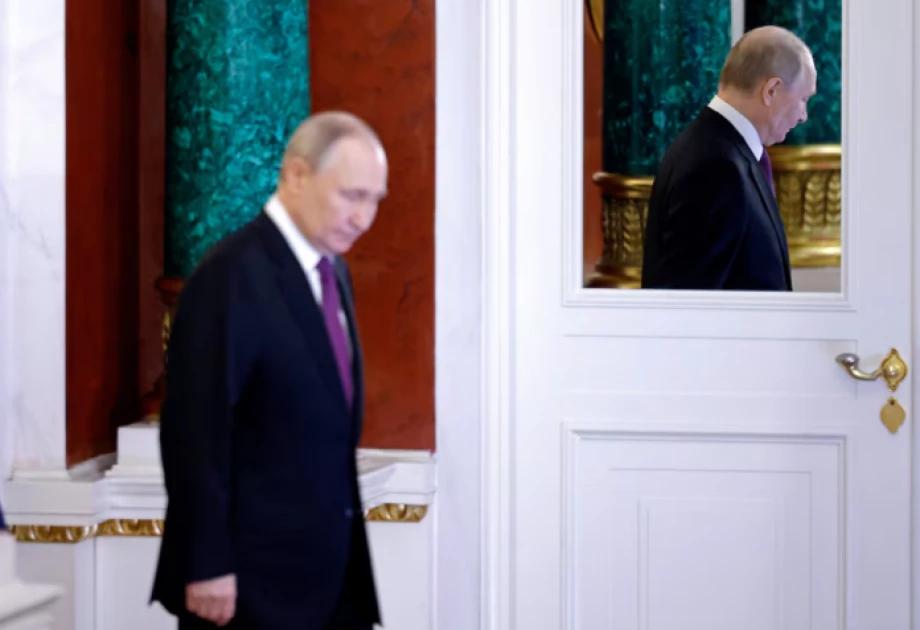
Putin Supports US Ceasefire Plan but Calls for More Talks
Russian President Vladimir Putin announced on Thursday that Moscow agrees with U.S. proposals for a ceasefire in Ukraine but stressed that several key details still need to be worked out.
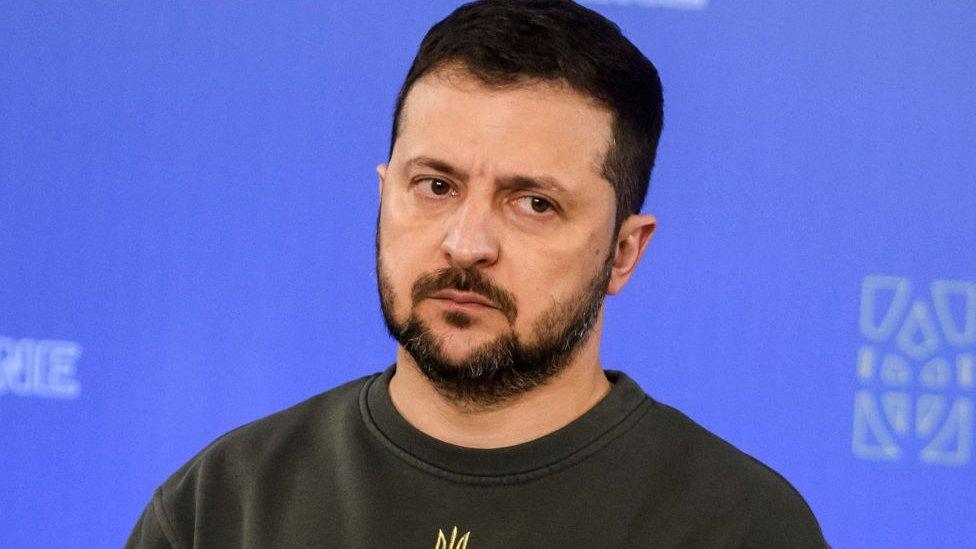
Zelensky Hopes US-Ukraine Talks in Saudi Arabia Will Bring Progress
Ukrainian President Volodymyr Zelensky is optimistic about upcoming talks between the US and Ukraine, set to take place in Saudi Arabia next week.